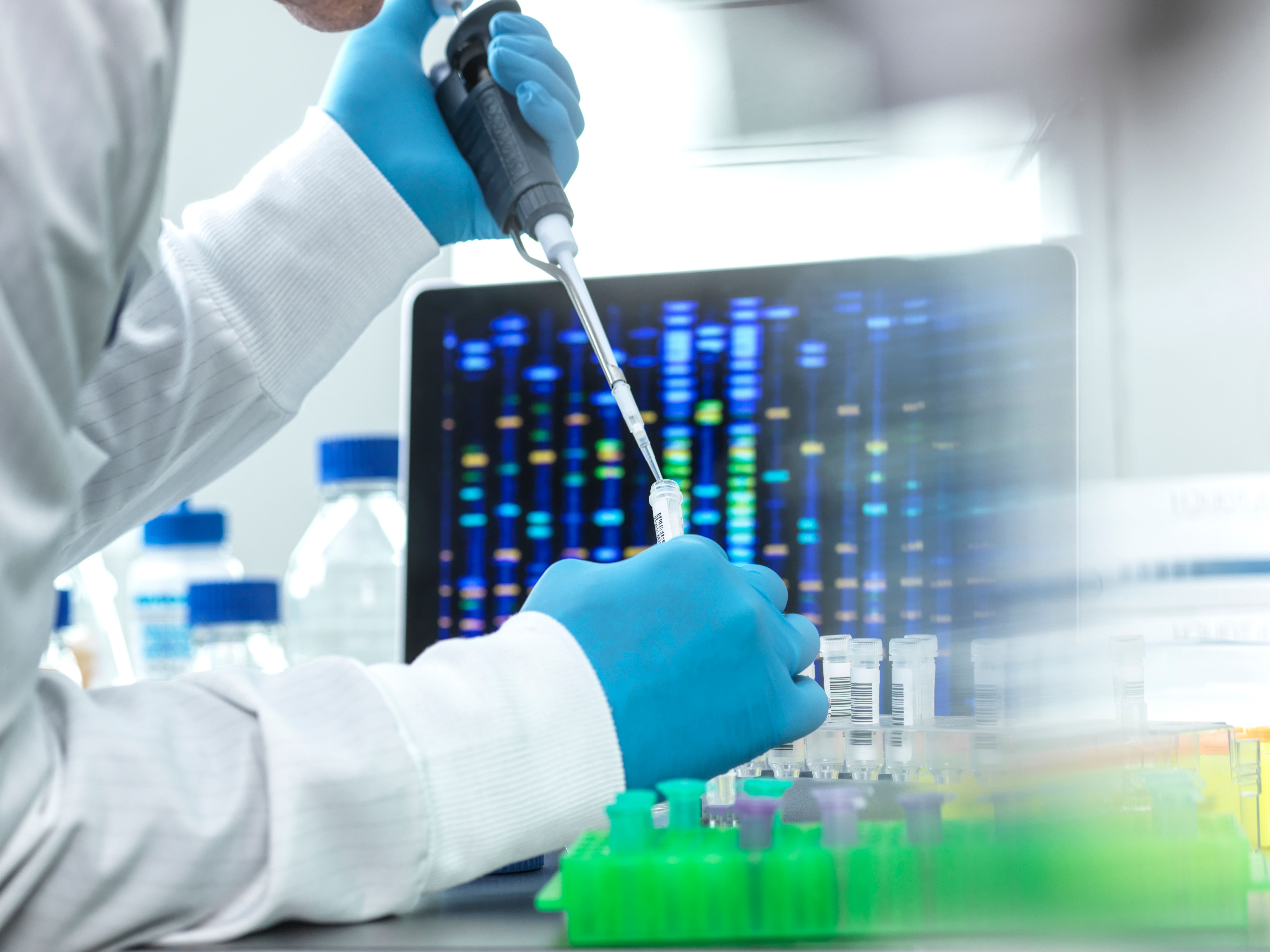Understanding Cancer: Causes and Prevention Strategies
Understanding Cancer: An Overview
Cancer is a group of diseases characterized by the uncontrolled growth and spread of abnormal cells. If not controlled, it can result in death. It can occur in almost any part of the body and has many forms, each with its unique set of characteristics and challenges. Despite its complexity, understanding the fundamental aspects of cancer can help us in prevention and management strategies.

Common Causes of Cancer
The causes of cancer are multifaceted, often involving a combination of genetic, environmental, and lifestyle factors. Key contributors include:
- Genetic mutations: Inherited or acquired mutations can contribute to cancer development.
- Environmental exposures: Tobacco smoke, radiation, and certain chemicals are known carcinogens.
- Lifestyle factors: Poor diet, physical inactivity, and obesity increase cancer risk.
The Role of Genetics in Cancer
Genetics plays a significant role in cancer development. Some individuals inherit genetic mutations that predispose them to certain types of cancer. For instance, mutations in BRCA1 and BRCA2 genes are linked to increased breast and ovarian cancer risk. Understanding family history can provide insights into potential genetic risks.

Prevention Strategies
While not all cancers are preventable, several strategies can significantly reduce the risk. Prevention involves a combination of lifestyle changes, regular medical screenings, and being informed about family medical history.
Lifestyle Modifications
Adopting a healthy lifestyle can be a powerful tool in cancer prevention. Some key changes include:
- Avoid tobacco: Smoking is one of the leading causes of cancer worldwide.
- Maintain a healthy diet: A diet rich in fruits, vegetables, and whole grains helps reduce cancer risk.
- Exercise regularly: Physical activity helps maintain a healthy weight and boosts the immune system.

Screening and Early Detection
Regular screenings can help detect cancer at an early stage when treatment is more effective. Screenings such as mammograms for breast cancer, colonoscopies for colorectal cancer, and Pap tests for cervical cancer are essential components of preventive care. Early detection can drastically improve survival rates and treatment outcomes.
The Importance of Education and Awareness
Education and awareness are critical in the fight against cancer. By understanding the risk factors and prevention strategies, individuals can make informed decisions about their health. Public health initiatives and educational programs play a vital role in spreading awareness about cancer prevention and early detection.

In conclusion, while cancer remains a formidable challenge, understanding its causes and adopting effective prevention strategies can empower individuals to take control of their health. By focusing on lifestyle modifications, regular screenings, and genetic awareness, we can work towards reducing the incidence and impact of this disease.